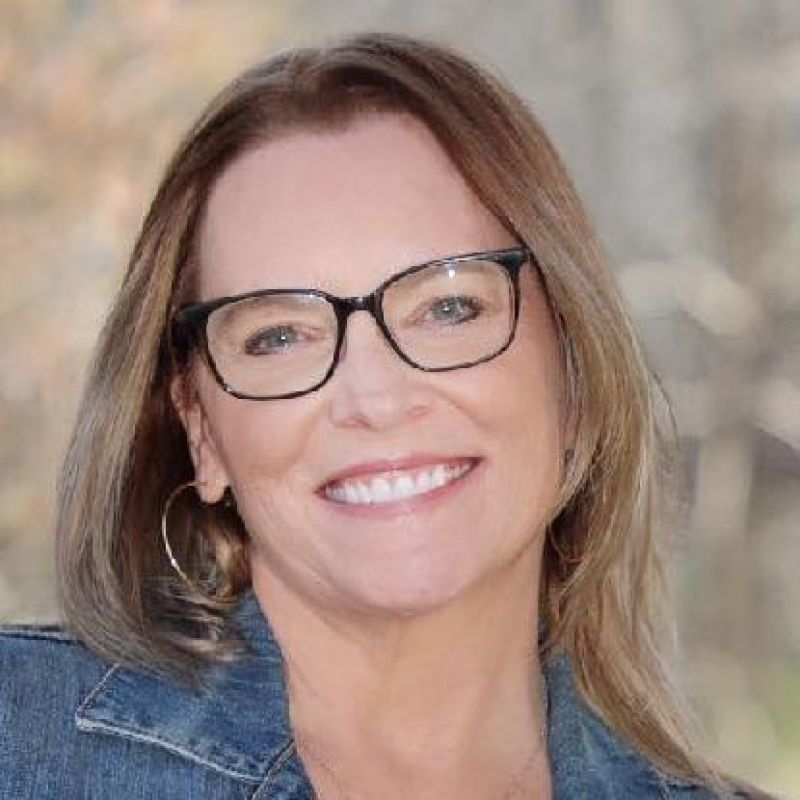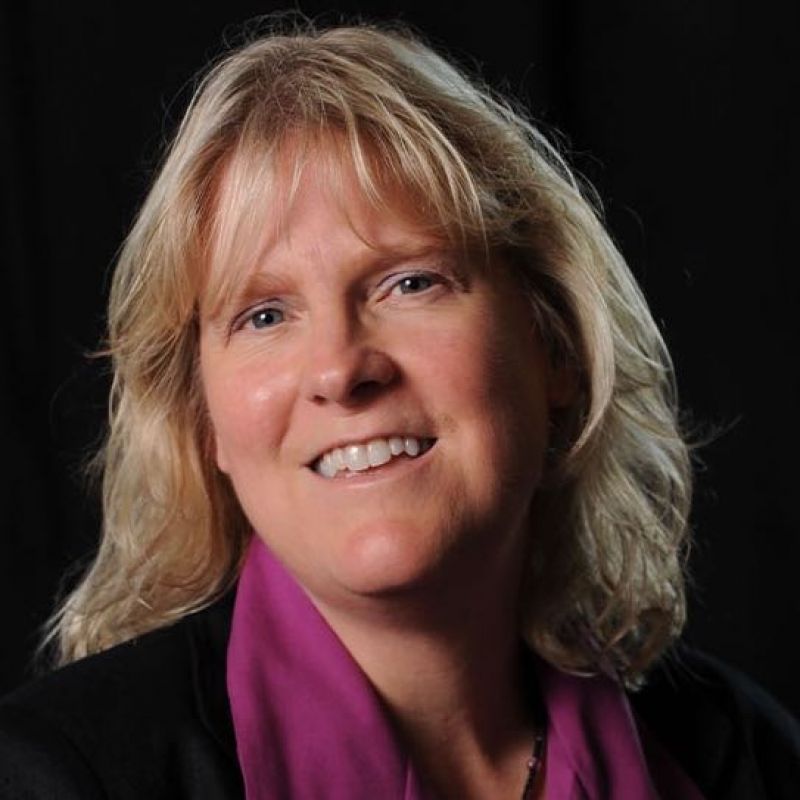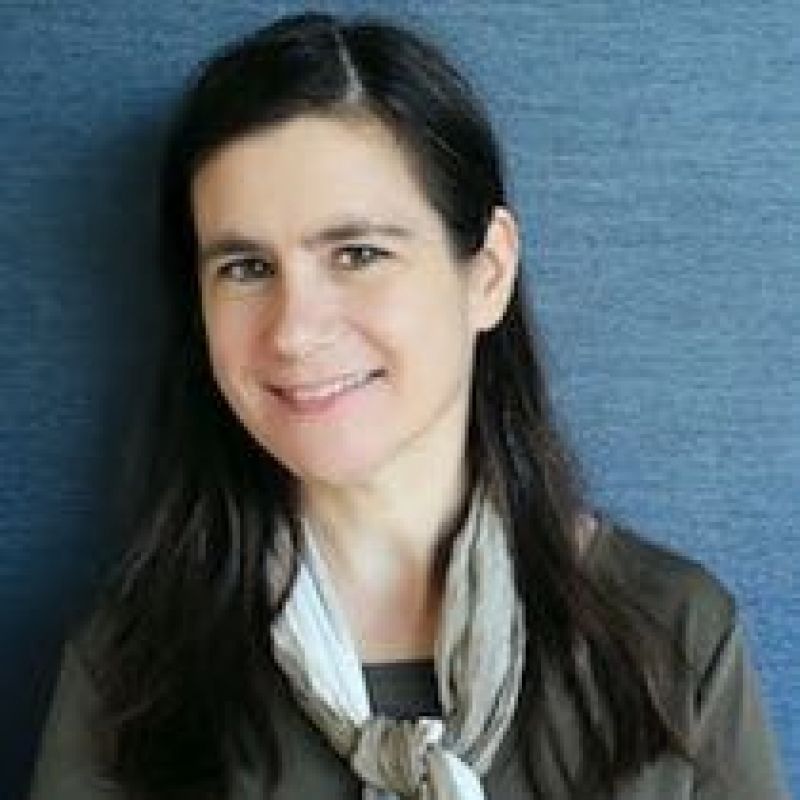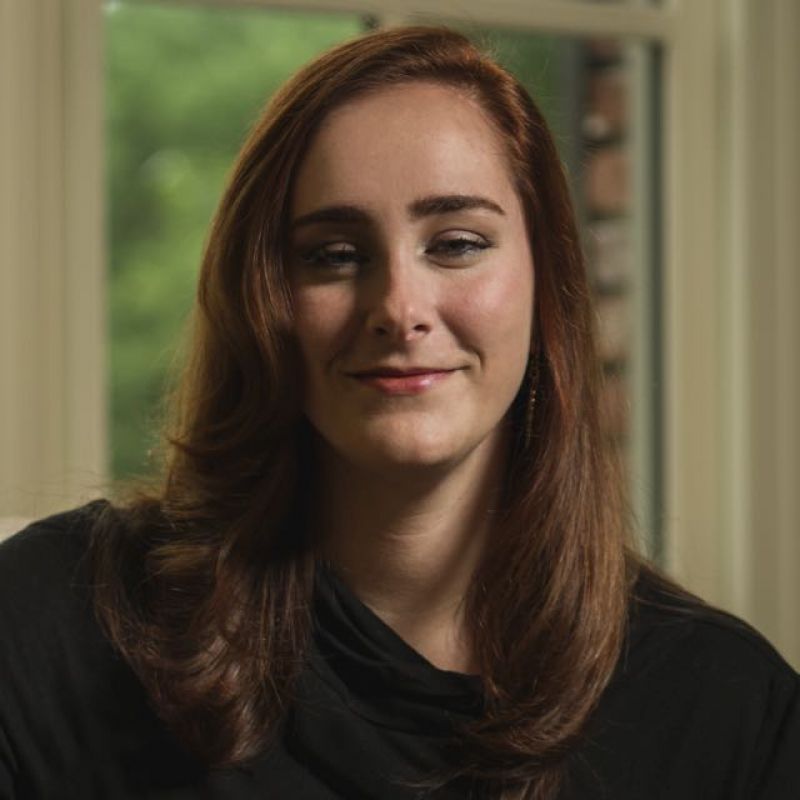From Our Blog

Finding Your Hot Premise: Boiling Down Your Story Idea Into the Simplest Terms
We’ve all had that experience of stepping into an elevator, realizing you’re in there with an editor or an agent, and he or she asks you what you’re working on. As you stammer out your long-winded answer (starting off with the classic “Well, it’s complicated”), the moment ends (i.e., the elevator door opens) and said editor or agent goes their way. Could you have made use of that opportunity by…

Authors are always on the lookout for ways to garner more publicity for their books. One way that’s been around for quite a while is to enter a contest. But there are many contests out there, and some of them charge high fees to enter, or require that you mail printed books to judges at your cost.
The first thing to consider is what you want from the contest or award. Is there a cash prize, whi…

Unlocking the Power of Pinterest: Discover How Pinterest Can Elevate Your Author Platform, Connect With Readers, & Boost Book Sales
An author’s job: It’s not just writing It’s no secret that only half an author’s job is the actual writing of a book. The other half falls squarely in the realm of marketing. If you’re like me, spending that much time trying to build your brand and reach a wider audience is not what you want to be doing.
Social media While it’s true that social media has become a critical component of marketing…

Traditional publishers offer the whole gamut of getting a book to market. Certain titles can receive attention from everything from editorial crews to marketing departments to teams devoted to online and digital sales. There could even be the boost of imprint-wide campaigns as well as outreach to influencers. The author, however, drives few, if any, of these decisions.
On the flip side, publish…

It is a truth universally acknowledged that stories have a beginning, middle, and an end. For some authors, the beginning of the story gives them trouble as they grapple with whether to start a book in medias res (“in the midst of things”), when the reader and character are plunged into a crucial situation, or by conveying the protagonist’s everyday world so the reader bonds with that character…

This is it. You’ve made it. You’ve gotten a call from an agent, or you’ve received a contract from a publisher, or you’re taking that step to put your books up for sale as an indie author. This is your moment to shine and take on the world!
But wait … let’s hit pause for a moment. If there’s one thing I’ve learned in this business, it’s that creative individuals allow our emotions to rule us so…
